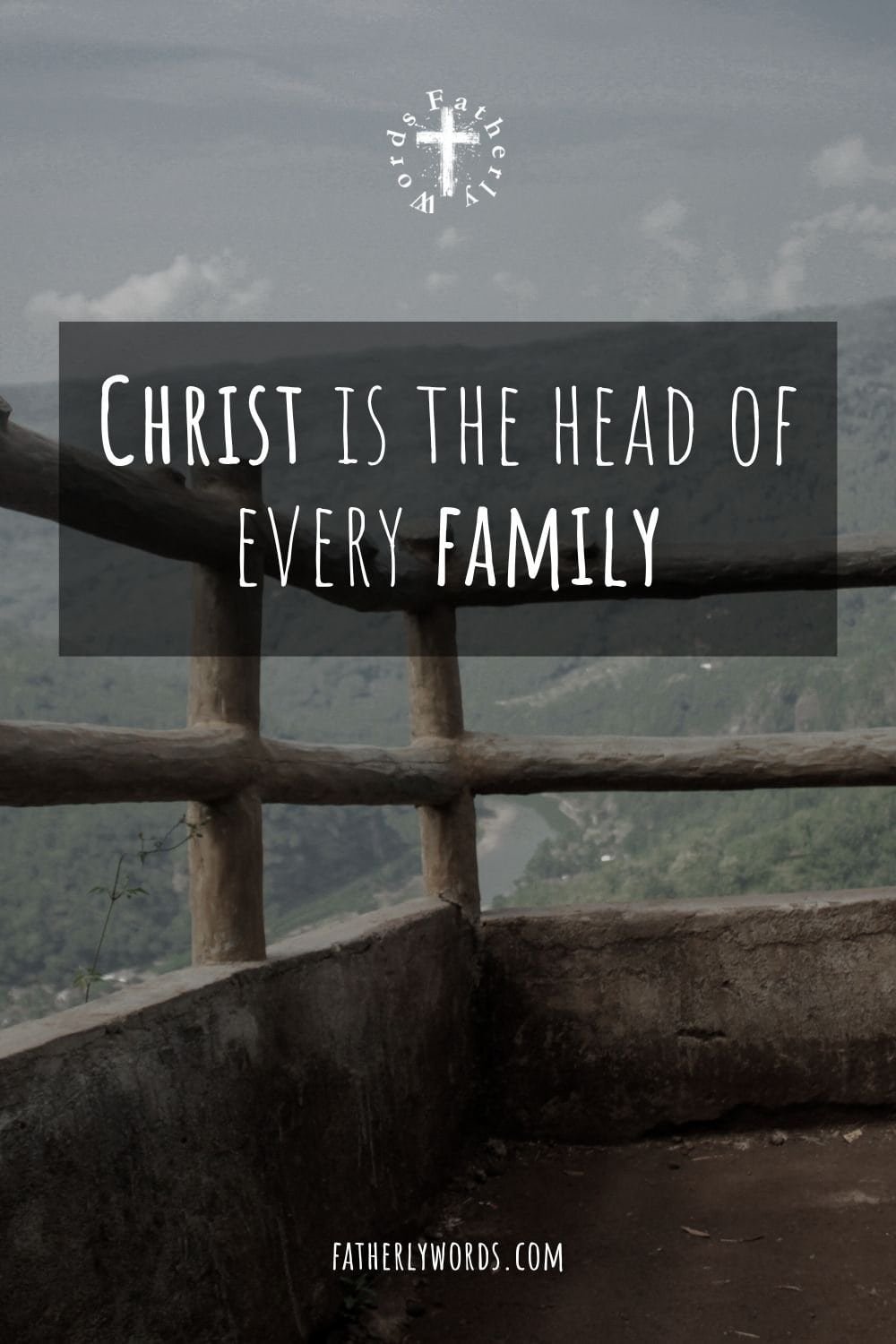Maturity And Responsibility In Christian Relationships
When speaking about marriage and relationships in Orthodoxy, the Church constantly emphasizes maturity and responsibility. Without these two, even the strongest feelings cannot endure.
Infatuation and emotions may appear intense at the beginning, but they are not yet love. Real love is costly, and it requires sacrifice of the ego.
The Holy Apostle Paul writes:
“Love suffers long and is kind; love does not envy; love does not parade itself, is not puffed up”
1 Corinthians 13:4
This is a description not of passing attraction but of a mature, God-centered love that has spiritual depth.
Saint Paisios often said that genuine love in Christianity always costs us something, because we must place the other person above our own comfort and pride.
In today’s world, many relationships begin with enthusiasm but end quickly when difficulties arise. This reveals immaturity.
Many young people mistake emotional excitement for love. They may say “I love her” or “I love him,” but when another person appears, their interest shifts easily. This shows that they have not learned to be responsible.
Orthodoxy teaches that marriage is not built upon feelings that come and go, but on faith, sacrifice, and grace from God.
Psalm 126(127):1 tells us:
“Unless the Lord builds the house, they labor in vain who build it.”
Marriage is a house built by God. Without His blessing, human effort will always be fragile.

How Emotional Readiness Shapes Orthodox Marriage
Emotional readiness means being able to speak honestly and responsibly. Many relationships fail because one person hides their true feelings until later, causing pain. Honesty early on is a sign of maturity. A responsible Christian does not deceive or delay, but speaks truthfully.
Saint John Chrysostom advised the faithful to enter marriage not for pleasure or social benefit but for virtue and salvation. He said:
“Marriage was instituted for the sake of chastity and the increase of virtue.”
When people enter marriage immaturely, looking only for excitement, they will not be able to withstand trials.
Older generations often married with less romantic intensity but with a deep sense of responsibility before God and man. They knew that the person given to them in the Mystery of Marriage was a gift from God, and that gift carried a duty of protection and faithfulness.
This sense of the sacred gave stability to their marriages. Today, when responsibility is weak and egos dominate, many young people abandon their vows quickly.
Psalm 36:5 instructs:
“Commit your way to the Lord; trust also in Him, and He shall bring it to pass.”
Commitment in marriage is not only to a spouse but also to God who unites them.
Infatuation Versus True Christian Love
Orthodox Christianity distinguishes between temporary passion and true love.
Infatuation is often selfish, centered on personal pleasure or excitement.
True love, however, is sacrificial, as Christ loved the Church and gave Himself for her (Ephesians 5:25).
If one quickly shifts affection from one person to another, this shows an inability to love at all.
The Fathers of the Church remind us that love is not simply a feeling but an act of the will that endures through struggles.
Saint Porphyrios taught that love in Christ is not extinguished by temptations or difficulties. Instead, it grows deeper when we endure together.
Infatuation burns quickly like dry wood, but true Christian love is like a steady flame that requires two logs to burn together.
When Infatuation Fades
What should Orthodox Christians do when the excitement of the first months or years of a relationship fades? This is the moment when maturity is tested.
Many run to find another partner, thinking this new person will bring happiness. But the problem lies not with the spouse, but with the person’s own immaturity and selfishness.
The wise Christian must pause and ask: “Why am I feeling this? Is this truly from God, or from my passions?”
If we are honest, we often find that our ego is seeking novelty rather than bearing the cross of faithfulness.
The Lord tells us:
“Whoever does not bear his cross and come after Me cannot be My disciple”
Luke 14:27
Marriage is also a cross, and only those willing to carry it in humility can find true joy.
The Role Of The Church In Christian Relationships
The Church teaches that marriage without the blessing of God is fragile, because it is built on human pride.
Premarital relations are rooted in egoism. They say to God, “I do not need Your blessing; I will take for myself.” But in truth, this weakens love, for only grace sanctifies and protects a relationship.
Saint Ignatius of Antioch wrote that Christians should not even consider marriage without the bishop’s blessing. This shows that in Christianity, marriage is not a private contract but a sacred mystery that involves the entire Church.
Psalm 126:3 reminds us:
“Behold, children are a heritage from the Lord, the fruit of the womb is His reward.”
The family is not built for ego, but for the Kingdom of God.
Lessons From The Ancestors
In older times, many couples did not even speak of “being in love” in the modern sense. They married with sobriety, respect, and a deep sense of duty.
With time, their companionship blossomed into love. Their marriages endured because they recognized the sacred bond created by God.
Today, by contrast, when infatuation fades, many feel free to leave. This is because the sense of the holy has diminished.
When someone used to say, “She is my wife,” he meant it deeply, because he had taken her before God and man. That vow carried a weight that protected the marriage.
Psalm 18:7 says:
“The law of the Lord is perfect, converting the soul.”
When marriages are guided by God’s commandments, they become a school of holiness. Without them, they collapse.
Modern World Versus Orthodox Christianity On Love And Marriage
One of the greatest challenges today is that the modern world sees relationships and marriage very differently from Orthodox Christianity. These differences are not small, but touch the very foundations of how we understand love, responsibility, and human purpose.
1. Emotions
First, the modern world places emotions at the center. If someone feels excitement, they call it love. When the emotion fades, they believe love has ended.
Orthodoxy, however, teaches that love is not simply an emotion but an act of the will rooted in Christ.
As Saint Maximus the Confessor says,
“Love is a holy state of the soul, disposing it to value the knowledge of God above all things.”
Therefore, Christian marriage cannot rest only on feelings.
2. Freedom
Second, modern society values personal freedom above all else. A person thinks: “If I am not happy, I must leave and seek new happiness.”
In contrast, Orthodoxy values responsibility and self-sacrifice.
Marriage is not about personal comfort but about salvation through self-giving love.
As the Apostle Paul teaches, the husband must love his wife “as Christ loved the Church and gave Himself up for her” (Ephesians 5:25).
This is the opposite of leaving when things are difficult.

3. Personal Choice
Third, the modern world views relationships in terms of self-expression and personal choice. Pre-marital relations are often seen as normal steps to “test” compatibility.
The Church rejects this, calling it an act of egoism.
The blessing of God is essential for marriage because it is He who unites the couple into one flesh. Psalm 126:1 reminds us that without the Lord, all human building is in vain.
4. Permanence
Fourth, in today’s culture, permanence is often rejected. People see relationships as temporary until something better appears.
Orthodoxy insists that marriage is a covenant, a sacrament, and a lifelong union. The priest crowns the couple with crowns of martyrdom, showing that true love means remaining faithful even in trials.
5. Love
Fifth, modern thinking often separates love from holiness. The world sees love as a private pleasure, disconnected from God.
Orthodoxy sees love as holy, a gift of God, and a path toward sanctification.
The Christian home is not only for emotional satisfaction but also for raising children in faith, prayer, and virtue.
6. Personal Fulfillment
Sixth, society today sees marriage as primarily about personal fulfillment.
The Church, however, teaches that marriage is a school of humility and salvation. The struggles within it are not failures but opportunities to overcome selfishness and grow in Christ.
As Saint John Chrysostom said, marriage is “a little Church,” where both partners help each other toward the Kingdom of God.
7. Wealth
Seventh, the world values appearances and temporary excitement, often judging relationships by wealth, beauty, or social image.
Orthodoxy teaches that true love goes deeper, seeking the inner soul of the other person, created in the image of God. As Proverbs 31:30 says:
“Charm is deceitful and beauty is passing, but a woman who fears the Lord, she shall be praised.”
8. Divorce
Eighth, modern culture often promotes easy separation and divorce, sometimes even celebrating it as liberation.
Orthodoxy, while compassionate to human weakness, grieves deeply over separation. The Church calls the faithful to repentance, prayer, and forgiveness rather than quick abandonment.
These differences reveal why Orthodox Christianity cannot simply follow the ways of the world. If Christians imitate worldly views on love, marriage will crumble like a house built on sand.
But if they follow Christ, they will discover a love that endures beyond feelings, difficulties, and even death itself.
How Parents Can Explain This To Children
Parents can explain to children that love is not just about liking someone today and tomorrow someone else. In Christianity, love is serious and blessed by God.
They can say: “When you grow up and marry, God will give you a husband or wife. This person is His gift to you. You must care for them, be honest, and not leave them when you feel bored.
Real love is like planting a tree. At first it is small, but if you water it with prayer, kindness, and patience, it will grow strong and last forever.”
Dive Deeper: